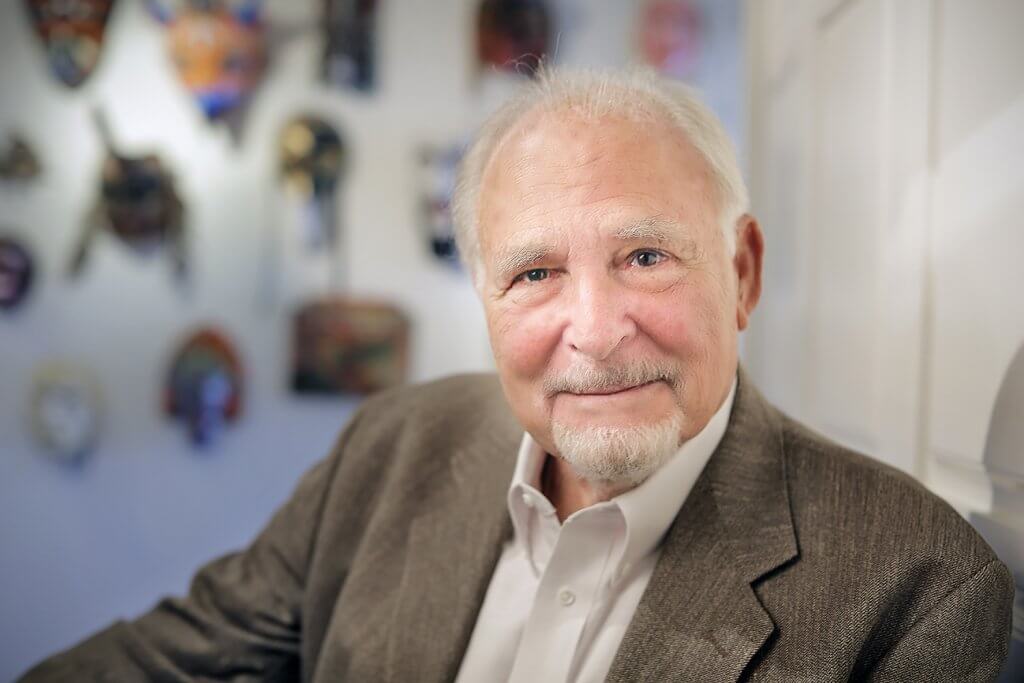Discover some of the best phrases of Paul Ekman, an American psychologist (Washington, 1934), specialized in the study of emotions and facial expression, his more than 14 books and almost 200 published journalistic articles support his career. better, we will share your top 10 prayers.
He was a professor at the University of California for more than 30 years, is currently considered one of the most prestigious psychologists of the 21st century and in 2009 was named by TIME magazine as one of the 100 most influential people in the world. .
- He has also been an adviser to the US Department of Defense.
- But it’s not the first time And the FBI and has developed interactive online training tools and seminars to empower people in emotional awareness.
Paul Ekman’s initial thinking was that emotions were determined by culture; however, as his research progressed, his thinking changed radically.
His discoveries lead him to adopt an evolutionary perspective, close to that of the illustrious English naturalist Charles Darwin. Ekman believes that emotions are universal and thinks their origin is biological, not cultural.
In addition, this scientist has contributed significantly to the research of the social aspects that determine the lie or why people lie, so he is currently considered an expert in detecting lies.
Some of his most iconic books are: The Language of Emotions (1972), How to Spot Lies (1985), How to Spot Lies in Children (1991), What Does This Gesture Say?(1998) and Revealed Emotions (2003).
Many of your discoveries inspired the hit TV series?Lie to Me? And they took him to write the documentary?The Human Face? For the US BBC television network.
While there are many quotes that we could point out from this great psychologist, here we will highlight what are considered the top 10 sentences of Paul Ekman, which certainly invite us to a deep reflection.
Some of Paul Ekman’s most iconic phrases about lying are
“Most lies are successful because nobody cares about finding out the truth. “
“The liar gets better with practice. “
Keep in mind that lying is a central feature of people, lying plays a fundamental role in our lives and fully understanding it (how it is camouflaged, why it is said, how it manifests itself or is detected), is relevant to almost all human affairs.
Can you tell when a politician is lying?
“A broken promise is not a lie. “
Ekman is considered one of the discoverers of “Microexpressions” . face. He demonstrated with Wallace V. Friesen that lies can be detected with some reliability through facial expressions.
Some of Paul Ekman’s most iconic phrases about emotions are
“People also smile when they’re not happy. “
“Surprise is the shortest emotion, because it surprises us until we know what happened. Is it always unexpected?.
Ekman considers emotions to be innate. In this way, everyone laughs when they are or seems happy, or opens their eyes more when they are surprised.
Therefore, it gives cultures the role of cover-up, exaggeration, cover-up or suppression of gestures and emotions.
“Smiles are probably the most underrated facial expressions, much more complicated than most people think. Are there dozens of smiles, all different from each other in appearance and in the message they express ?.
“No important relationship can survive when trust is completely lost. “
“People misunderstand the facts, especially the meaning of each other’s actions and the reasons that led them to act one way or another. “
“Emotions change the way we see the world and how we interpret the actions of others. “
At first, Ekman considered that there were 6 universal gestures for 6 other universal emotions (fear, anger, joy, sadness, disgust and surprise), but then extended them to 17, later developing the facial action coding system (FACS). , to categorize all human expressions that we can somehow identify on our face.
This method classifies them by studying the movements of the facial muscles, considers what a person wants to express by lowering the eyebrows, squinting, blinking, lifting or lowering the head or its direction and inclination, everything is analyzed.
As we can see, the basis of Paul Ekman’s research is the characteristics and moods of the human being, his contributions have earned him three times the Scientific Research Award of the National Institute of Mental Health.
Today, the results of its more than 40 years of valuable discoveries are being applied in many fields, from schizophrenia research to lie detection. A professional to meet, right?

